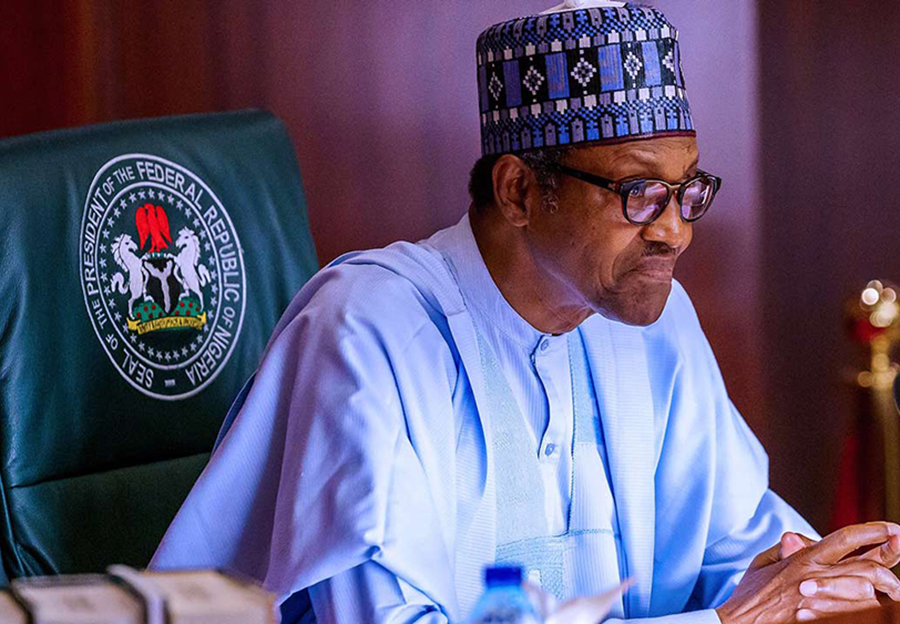As part of the measures to boost security Network across the Country, President Muhammadu Buhari on Monday approved N13.3 billion for the take-off of the Community Policing initiative
Buhari disclosed this in Abuja at the opening of a two-day Mid-Term Ministerial Performance Review Retreat to assess progress made towards the achievement of the nine key priorities of his administration.
“We have also approved the sum of N13.3 billion for the take-off of the Community Policing initiative across the country, as part of measures adopted to consolidate efforts aimed at enhancing security nationwide,” he said.
“As part of the efforts towards strengthening our national security, we have increased investments in arms, weapons and other necessary equipment; expanded the National Command and Control Centre to nineteen states of the Federation; and established a Nigerian Police Trust Fund, which will significantly improve funding for the Nigeria Police Force.”
According to him, the Ministry of Defence has been instructed to create a modest military-industrial complex for the local production of weapons to meet some of the requirements of the country’s armed forces.
While noting that the establishment of the industrial complex would address Nigeria’s over-dependence on other countries for military equipment and logistics, the project is being implemented under the Defence Industries Corporation of Nigeria (DICON), a military department responsible for arms manufacture.
On other efforts to strengthen national security, Buhari said it was gratifying to note that Nigeria had received six A-29 Super Tucano aircraft.
He said the propeller-driven aircraft are being used for training, surveillance and attack by the military.
The President also spoke on his administration’s efforts in improving the nation’s power sector, noting that the implementation of a ‘Willing Buyer-Willing Seller’ Policy has opened up opportunities for increased delivery of electricity to underserved homes and industries.
He expressed the hope that the execution of critical projects through the Transmission Rehabilitation and Expansion Programme, will result in achieving the national goal of improved power supply by 2025.

